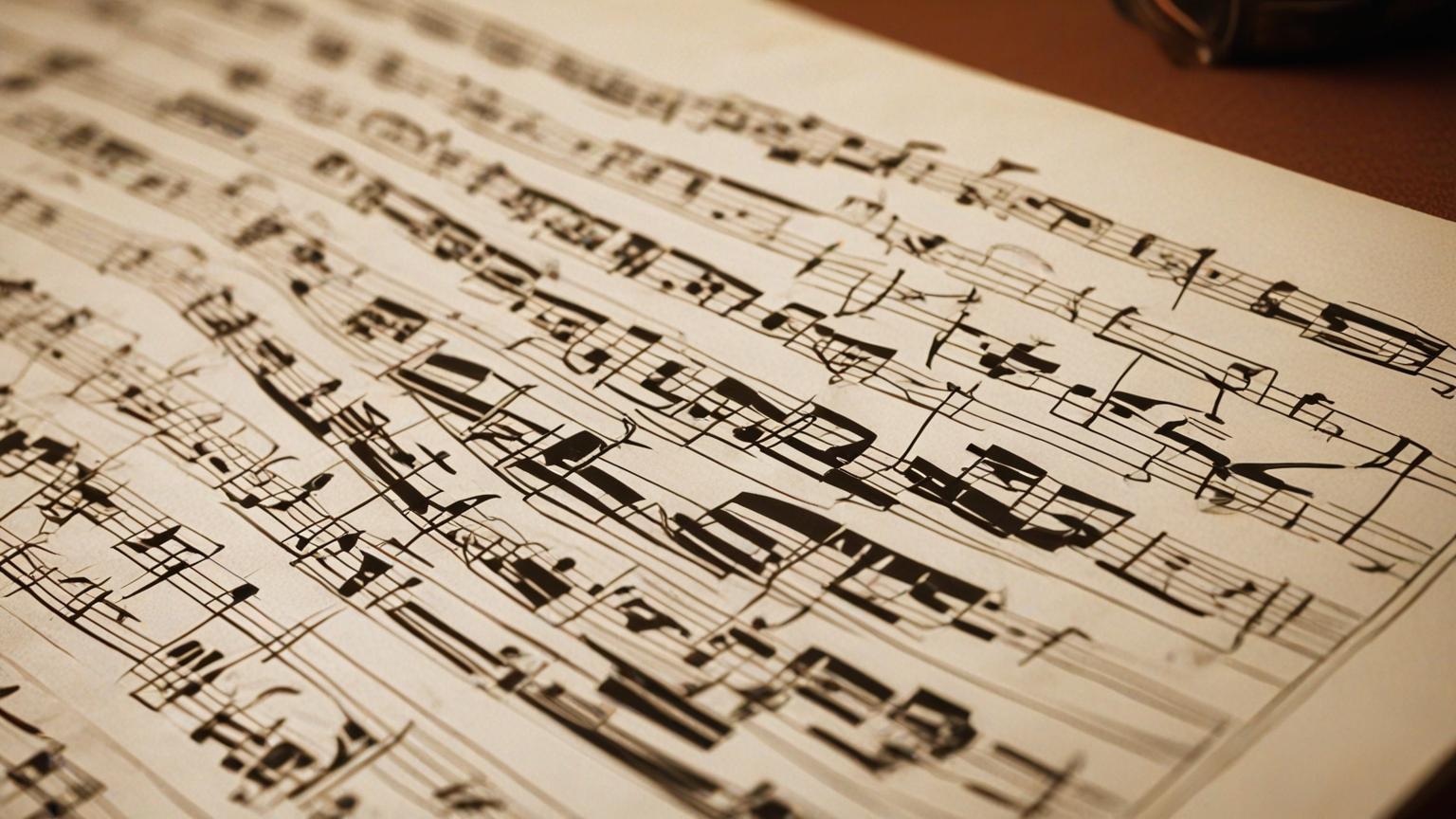In the dynamic world of film music, soundtracks have evolved dramatically, mirroring the technological and cultural shifts over the decades. From the grand orchestral scores synonymous with the golden age of Hollywood to today's modern soundscapes, the journey of film music is as fascinating as the movies themselves.
During the early 20th century, silent films dominated the industry. Their music was often performed live and was essential for conveying the emotion and drama that the absence of sound couldn't. The transition to "talkies" brought a need for pre-recorded scores, thus giving birth to a new era of composers, such as Max Steiner, whose work on 'King Kong' and 'Gone with the Wind' set the bar high for future compositions.
With the rise of epic films in the '50s and '60s, composers like Elmer Bernstein and Bernard Herrmann pushed the boundaries of film scoring. Their orchestral masterpieces, engineered for sprawling narratives, became integral to directors' storytelling arsenals.
The '70s and '80s welcomed electronic music into the cinematic soundscape. Pioneers like John Carpenter and Vangelis redefined how films were scored, using synthesizers to create memorable soundtracks for films like 'Halloween' and 'Blade Runner'. This era broke the mold, leading to a diversification of sound that included jazz, rock, and pop elements.
In the modern era, we've seen another significant evolution with the integration of electronic beats and digital technology. Composers Hans Zimmer and Trent Reznor have embraced these technologies, crafting scores that match contemporary tastes. Their work on films like 'Inception' and 'The Social Network' illustrates how digital sound has become a staple, appealing to a generation accustomed to electronic music.
Moreover, soundtracks have become as commercially viable as the films themselves. They have ventured beyond the screen into concert halls and music festivals, drawing in audiences keen on reliving their favorite cinematic moments. The growth of streaming platforms has only amplified this, making it easier than ever to listen to and appreciate film scores.
As we forge ahead, the rise of AI and machine learning in music composition poses a new frontier for film music. While it raises questions about the future role of composers, it also promises a future imbued with creative possibilities and technological advancements.
Looking back at the evolution of soundtracks, one thing is clear: film music will continue to evolve, reflecting our societal changes and technological advancements while maintaining its pivotal role in storytelling. Whether through orchestral grandeur or electronic innovation, soundtracks will always remain an essential component of the cinematic experience.
the evolution of soundtracks: from classical scores to electronic beats

